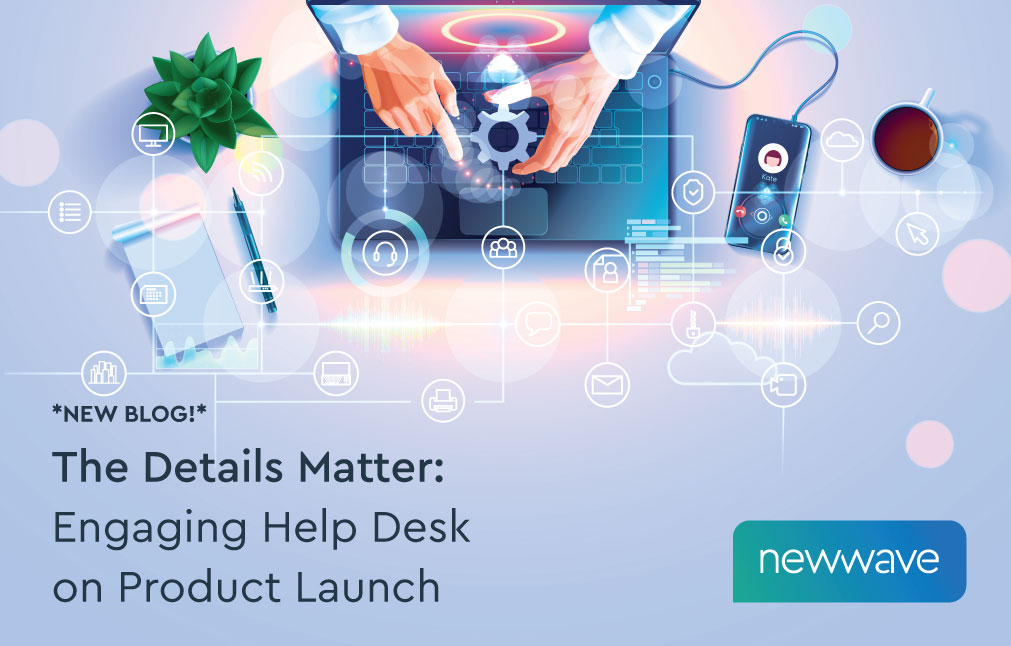Below are two real scenarios that happened during new product launches:
Had help desk intervention not happened, there may have been major repercussions once the applications launched. Leading to frustrated end users, high help desk ticket volumes, and a help desk who did not have the correct permissions to support the application.
A new application was launching that would be supported by the level one BOSC Help Desk. Delays in the IDM System which would house the application, caused it to restructure how it was to be set up. The original set up was similar to other applications the level one help desk already supported. However, the delay led to a different user interface for help desk functions and it was not immediately identified that the help desk had never used this new interface. If Help Desk Analysts were on the meetings, this may have been caught much sooner. Thankfully a help desk member happened to be reviewing some of the meeting notes and realized it was a different system than what they were already using for other applications. Had this not been caught, the help desk would not have had training or access before the application launch.
Another valuable asset level one help desks can provide during new product launches, is their understanding of the system’s users. An application was getting ready to move to a new system, and they had built a new registration page. The developers had used a highly specific term for user ID. While everyone who knew the system well and had been a part of the building process understood what was being asked of users, it was not typical language used by the end users of the system. The help desk provided recommendations for improved language on the registration page and where more guidance was needed. This led to a smoother transition for system users. Without help desk analyst intervention, users may have created duplicate accounts which would have increased unnecessary help desk inquiry volume and led to frustrated users.


